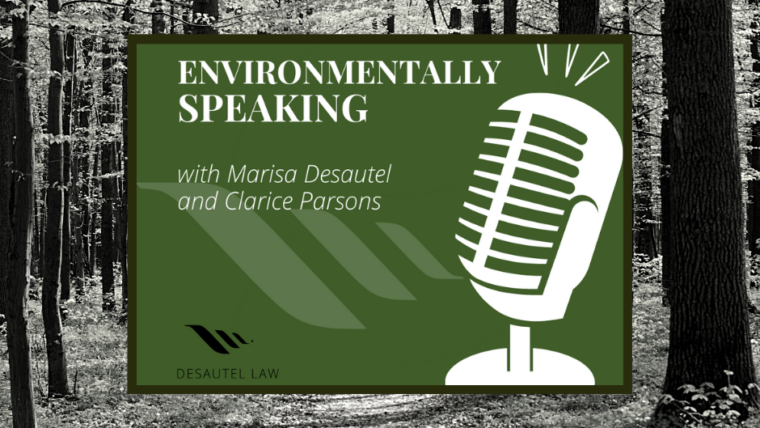Owning property gives you rights to use and develop that property. Being able to do anything you want is usually not possible, however. This is a result of land use restrictions created by government or from private parties when property is transferred. Below, we’ll take a look at different land use restrictions and how attorneys can assist you with issues related to each.
Government Restrictions
Zoning Ordinances
The vast majority of land use restrictions created by government result from zoning ordinances. All zoning ordinances allow some uses of a property and prohibit others. Zoning regulations can become increasingly specific, requiring certain setbacks, frontage, and even lot sizes. It thus becomes important to understand your municipality’s (or prospective municipality’s) zoning ordinance. Without this knowledge, you leave yourself open to zoning ordinance violations and enforcement actions. Land use attorneys are uniquely adept at understanding these ordinances and can be consulted before you purchase any property, so that you know what you are getting into beforehand, or if you receive a notice of violation from your city or town.
Comprehensive Plans
Future development of your property is similarly guided at the municipal level by comprehensive plans. Land use restrictions are created in these plans because permit approval is based meeting all the requirements in your development plan. If you are seeking to subdivide your property into smaller lots to sell, for example, your plans align with the ordinances that give effect to the comprehensive plan. Attorneys are helpful in this regard as well, so that permit approvals come easily.
Challenging the Validity of a Zoning Ordinance
An attorney is incredibly helpful if you challenge zoning ordinances which create land use restrictions. Attorneys familiar with zoning law and its intricacies can navigate the nuances easily.
Privately-Created Restrictions
Individuals and entities are likewise capable of creating land use restrictions, through drafting appropriate language in a deed or by creating an easement.
Restrictive Covenants in Deeds
Restrictive covenants are legally binding promises written into a deed that limit future use or activity on a property. For illustration, a seller could create land use restrictions through a restrictive covenant requiring at least 5 acres of the property to remain wooded or by limiting a home’s square footage. These promises are enforceable through court actions claiming a breach of covenant. Attorneys can point out what covenants exist, how they restrict your use, and the legal implications of breaching them. So, it is best to consult your attorney before buying or selling property.
Easements
Unlike covenants, which are legally binding promises in a deed, an easement creates a right to use a property, or part of a property, for a specific purpose. Easements grant an interest in land that is still owned by another. They can be created by transfer in a deed, or by some other separate document, contract or will. Easements can create land use restrictions for the owner of the property burdened by the easement. Land use restrictions must be reasonable, though, and both unreasonable uses and undue burdens can lead to several types of legal action. Creating easements, interpreting their language, and carrying out easements are all very complicated. Because easements come in many forms and are created in various ways, attorneys are skilled at helping you figure out whether some type of easement applies to your situation. Knowing the scope of rights within any easement is key to avoiding litigation.
Speak with our attorneys today if you need help with land use restrictions arising from any of the above scenarios. Call us today at 401.477.0023.


